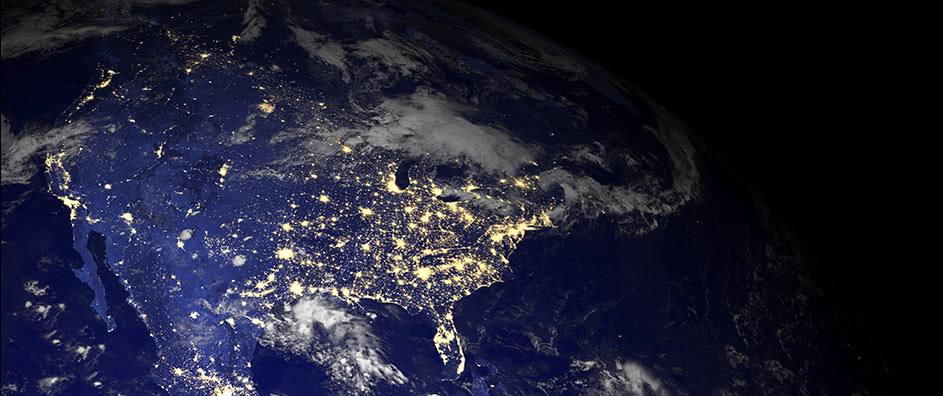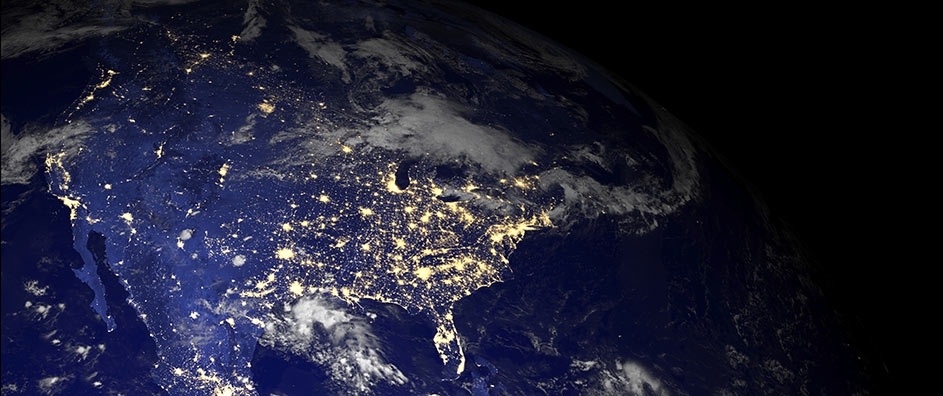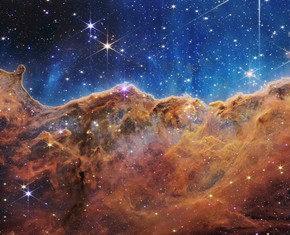The views expressed in our content reflect individual perspectives and do not represent the authoritative views of the Baha'i Faith.
 This is Part 16 of How Do We Know God Exists? :
This is Part 16 of How Do We Know God Exists? :
In the previous installment of this series, Abdu’l-Baha had given the first portion of his seminal speech in Chicago on the Baha’i view of the Universe. In this section of his address, he focuses on the attributes of humanity, and how they prove the existence of something beyond nature:
Man is intelligent, instinctively and consciously intelligent; nature is not. Man is fortified with memory; nature does not possess it. Man is the discoverer of the mysteries of nature; nature is not conscious of those mysteries herself. It is evident, therefore, that man is dual in aspect: as an animal he is subject to nature, but in his spiritual or conscious being he transcends the world of material existence. His spiritual powers, being nobler and higher, possess virtues of which nature intrinsically has no evidence; therefore, they triumph over natural conditions. These ideal virtues or powers in man surpass or surround nature, comprehend natural laws and phenomena, penetrate the mysteries of the unknown and invisible and bring them forth into the realm of the known and visible. All the existing arts and sciences were once hidden secrets of nature. By his command and control of nature man took them out of the plane of the invisible and revealed them in the plane of visibility, whereas according to the exigencies of nature these secrets should have remained latent and concealed. According to the exigencies of nature electricity should be a hidden, mysterious power; but the penetrating intellect of man has discovered it, taken it out of the realm of mystery and made it an obedient human servant. In his physical body and its functions man is a captive of nature; for instance, he cannot continue his existence without sleep, an exigency of nature; he must partake of food and drink, which nature demands and requires. But in his spiritual being and intelligence man dominates and controls nature, the ruler of his physical being. Notwithstanding this, contrary opinions and materialistic views are set forth which would relegate man completely to physical subservience to nature’s laws. This is equivalent to saying that the comparative degree exceeds the superlative, that the imperfect includes the perfect, that the pupil surpasses the teacher — all of which is illogical and impossible. When it is clearly manifest and evident that the intelligence of man, his constructive faculty, his power of penetration and discovery transcend nature, how can we say he is nature’s thrall and captive? This would indicate that man is deprived of the bounties of God, that he is retrograding toward the station of the animal, that his keen superintelligence is without function and that he estimates himself as an animal, without distinction between his own and the animal’s kingdom.
I was once conversing with a famous philosopher of the materialistic school in Alexandria. He was strongly opinionated upon the point that man and the other kingdoms of existence are under the control of nature and that, after all, man is only a social animal, often very much of an animal. When he was discomfited in argument, he said impetuously, “I see no difference between myself and the donkey, and I am not willing to admit distinctions which I cannot perceive.” ’Abdu’l-Baha replied, “No, I consider you quite different and distinct; I call you a man and the donkey but an animal. I perceive that you are highly intelligent, whereas the donkey is not. I know that you are well versed in philosophy, and I also know that the donkey is entirely deficient in it; therefore, I am not willing to accept your statement.”
Consider the lady beside me who is writing in this little book. It seems a very trifling, ordinary matter; but upon intelligent reflection you will conclude that what has been written presupposses and proves the existence of a writer. These words have not written themselves, and these letters have not come together of their own volition. It is evident there must be a writer.
Read the next article: Baha’i View of the Universe: The Cosmos – Coming Soon
Read the previous article: Baha’i View of the Universe: Science and Nature

















Comments
Sign in or create an account
Continue with Googleor